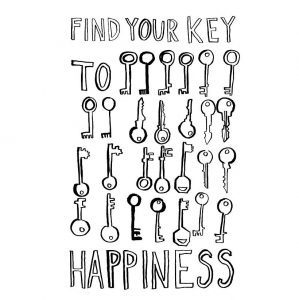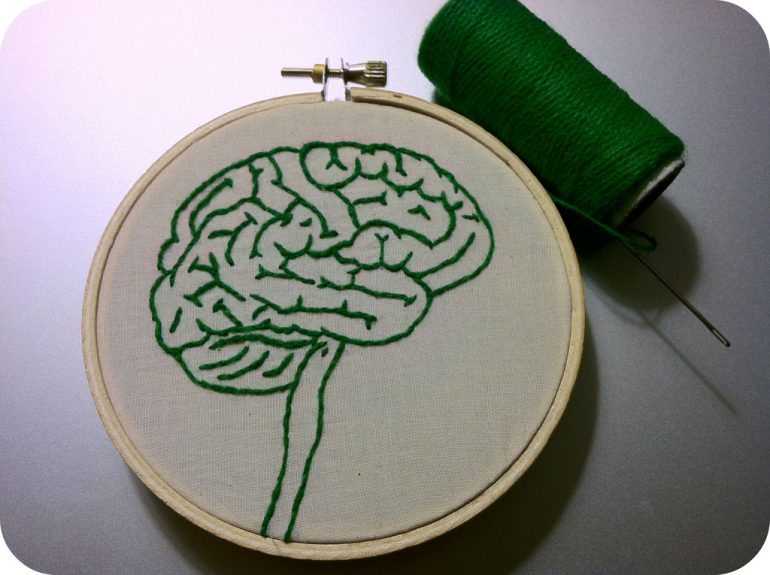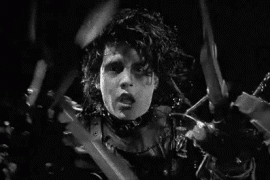What really makes us happy in a job? Should we follow our passions and forget money?
It seems neither of these will guarantee our well-being. A recent analysis reveals that there are some industries most of us hate to work in, and others where everyone is happy.
CareerBliss, an American career website with over 43,000 independent users has released its annual survey, exposing 20 of the happiest and unhappiest jobs ranked from best to worst.
Participants rated their contentment on nine key factors, including: relationship with their manager or superior; relationship with colleagues; work environment; access to job resources; salary; promotional opportunities; workplace culture; satisfaction with daily tasks; and autonomy or personal control of their work.
In 2016, the top job was Recruiter, followed by Computer Coder, Research Assistant and Java Developer. In the middle were Machine Operators, Salespeople, Chief Operating Officers and Software Developers. Finally right at the bottom were Cashiers, Security Officers, Merchandisers, and down the bottom at number 20 on the list was Sales Account Manager.
However unpopular some jobs might be though, the key to happiness is really all in the mind, researchers say.

Thomas Corley, a Scientist and author of U.S bestseller Change Your Habits, Change Your Life did a five-year study in which he discovered that 15 to 30 minutes of positive thinking a day was the secret to prosperity. This practice was the one thing that accomplished individuals – including many self-made millionaires- held in common.
“Thinking is the key to their success,” he said. “They spend time every day brainstorming with themselves about numerous things.”
The top ten topics Mr Corley found that the rich and successful thought about in solitary silence each day included: careers; finance; family; friends; business relationships; health; goal setting; problems; charity; and happiness.
He said the time they spent thinking allowed them to figure out ways of improving each of these areas in their lives.
Steve Siebold, a self-made millionaire and author of How Rich People Think agreed with the principle Mr Corely’s discovery – positive thinking. He said the rich were simply better problem solvers than the rest of us.
“They don’t waste mental energy worrying or wondering about their ability to produce cash, they direct their concentration towards creative thinking” he said.
“The rich aren’t any smarter than us,” said Mr Siebold. “They are just more strategic.”





